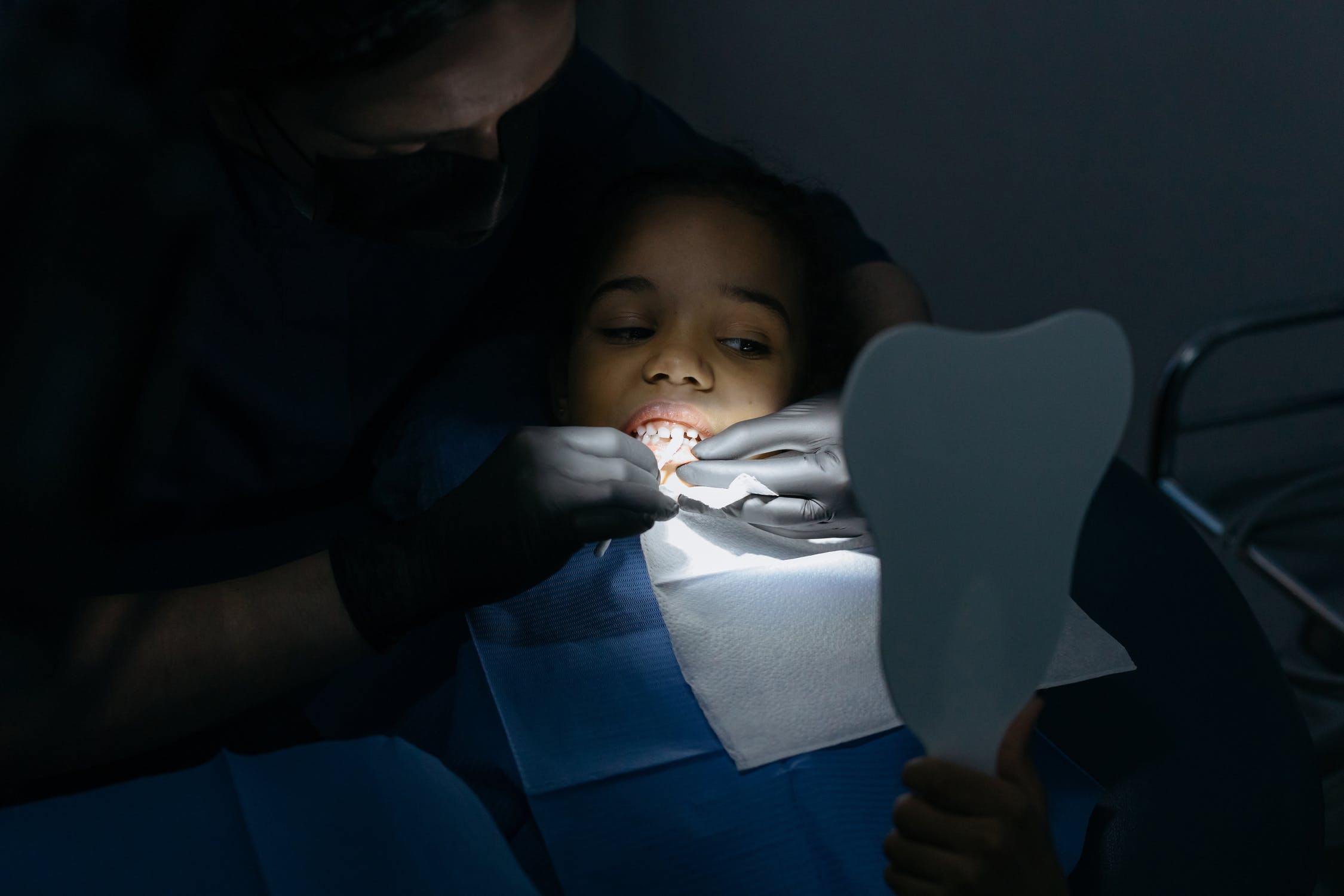If you’ve ever considered becoming a dentist, you may be surprised to learn that this is one of the most popular professions in the world. General dentists perform most routine procedures and exams. They also perform diagnosis and may prescribe medications, such as antibiotics or sedatives. General dentists have additional requirements, but they can perform most of the same tasks that specialists. You have many career options that will suit your needs and personality.
You have many career options
There are many career options available for dentists as the demand for them grows. As dentists, researchers and educators are in high demand, especially in the field of dentistry. Academics can work with private companies and government agencies to advance the field of dentistry. Engaging in academic activities can help dentists contribute to the advancement of dentistry and educate the next generation.

Dental work is rewarding and varied. There are many opportunities for dentists at all levels. Many dentists opt to pursue a traditional career path and enter private practice where they can gain experience and improve their skills. However, there are many other, non-traditional options. We will be looking at some of them in this article. We will also explore their qualifications, as well as the professional development sources they could utilize to become the best in the field.
Education requirements
Aspiring dentists will need to complete certain pre-requisite science courses before they can apply to dental school. These courses may require a minimum number credit hours and a high GPA. Biology and chemistry are the most common courses for pre-dental students. However, students who majored in business, medical, textiles, or engineering have also succeeded. These courses are important, but it is important to remember the importance of mathematics and physics.
Dental specialists may need to study for additional years depending on their specialization. Some states require dentists must pass a specialty exam. Others don’t require any special education. A dentist must not only have a bachelor’s, but also have completed a postgraduate program and residency. After completing the training, dentists need to be licensed and pass the National Board Dental Examination (NBDE).
Work environment
Recent research has shown that dentists’ work environments can be stressful. One reason for this is that dentists can often not interact with their patients when they are open to dental treatment. As such, dentists should focus on fostering a patient-centered environment through effective communication. This requires active listening, empathy, high-quality dialogue, and mirroring patient perceptions. Here are some tips to make your dental practice more pleasant.
Most dentists work full-time during the normal business week, although some dentists may work weekends or on holidays. Depending on their ownership, dentists have the flexibility to determine their work schedule and take on additional responsibilities, such as teaching. Flexibility is important to ensure a healthy work-life balance. A dentist’s schedule is typically determined by his or her personal preferences. There are many ways to organize a dentist’s workday, including opening hours and closing times.
Personality traits
Psychologists have studied the personality types of dentists to determine the most common. ENFJ dentists are often successful as dental assistants. ENFJs like to analyze concepts and discuss feelings, and they seek practical solutions to dental problems. However, ENFJs are not always good dentists. Before you decide to pursue dentistry as a career, consider your personality type.
Students in medical and dental school are often stressed. The stress level increases dramatically in the third year when students are required to work in clinics. Academic performance, faculty relations, rising costs of professional education are the most common dental stressors. In addition, dentists are often more self-critical and possess a more analytical mind than medical students. Personality traits of dentists may include perfectionism, obsessive-compulsive habits, and an addiction to perfection.
